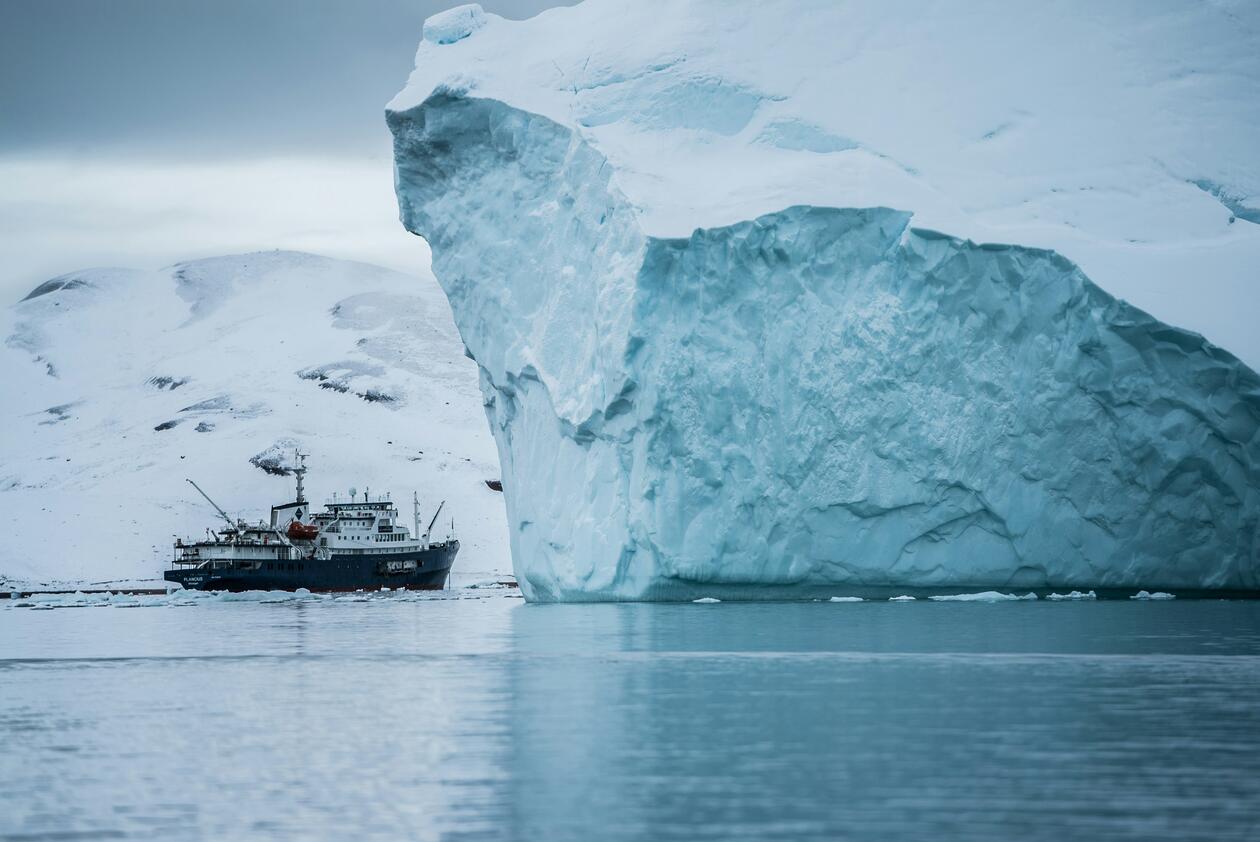Science diplomacy and ocean governance for the green transition
Recent and ongoing global developments and geopolitical changes have made the Arctic a key region for science and diplomacy. We ask: How can science diplomacy and ocean governance in and for the Arctic contribute to the green transition in a sustainable way?
Hovedinnhold
This panel discussion is part of the Arctic Frontiers Abroad event “License to Operate: Sustainable Ocean Development and the Green Transition”, which is an official side event at the Arctic Futures Symposium in Brussels 2-4 December. There are three panels at the side event, which takes place Wednesday 4 December 09:00am-02:00pm (of which the final hour is a networking lunch). The event is co-organised by Arctic Frontiers and the University of Bergen. The third session is organised by the Norway-EU Science Diplomacy Network, funded by the Research Council of Norway.
In an increasingly multipolar world, the West needs to make itself independent to meet the demands of the so-called green transition. This is being stated repeatedly and increasingly many stakeholders looks to the Arctic for solutions. Not the least to explore the region’s potential for natural resources and the use and extraction of these, e.g., deep-sea mining, seafood, offshore wind.
Striking a balance between security needs and sustainable development is becoming increasingly difficult in a rapidly changing geopolitical landscape. On the one hand there is a human-made social and political system moving in the direction of more conflict. On the other hand, there are the double crises of climate and biodiversity. The dynamics inherent in these are contradictory in nature as any viable Earth governance system relies on partnerships and collaboration.
To use the demand for minerals as one example: so far, the producers of consumer products in the green transition have “outsourced” its problems to Central Africa, where largely illegal mining is both in breach of human rights and creates vast environmental damage. China’s dominant role in the green transition, e.g., solar panels and electric vehicles, is creating fear in the West when it comes to critical resources as well as securing and controlling supply chains. But if extraction of these critical resources is moved to the Arctic, there is an inherent risk of a negative impact on the region both in environmental and societal terms.
Another example: the changes in global shipping in a multipolar world order. Not many years ago most would have pointed to Rotterdam being the world’s primary container port. Today Rotterdam is clinging on to the last spot in the World Shipping Council’s top 10 of container ports, overtaken by 9 Asian ports. This indicates a power shift away from the West towards Asia, and primarily China, which makes it unimaginable to have a green and sustainable transition in the maritime sector without dialogue and diplomacy between the West and the non-western countries. A future sustainable development of the Arctic region relies on this.
We ask:
- How can science diplomacy and ocean governance in and for the Arctic contribute to the green transition in a sustainable way?
PROGRAMME
Panellists:
- Raphaël Goulet, Head of Unit for International Ocean Governance and Sustainable Fisheries, Directorate-General for Maritime Affairs and Fisheries (DG MARE), European Commission
- Rasmus Gjedssø Bertelsen, Professor of Northern Studies and Barents Chair at UiT – the Arctic University of Norway
- Aistė Klimašauskaitė, Postdoctoral fellow in the SEAS programme at the University of Bergen
- Alexandra Philippe, Fisheries and Maritime Affairs Adviser at the European Bureau for Conservation and Development (EBCD)
Moderator: Anu Fredrikson, Executive Director, Arctic Frontiers

